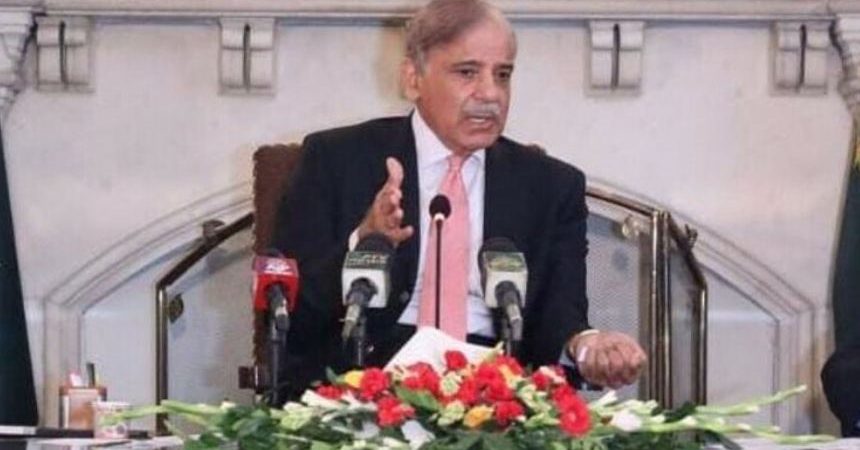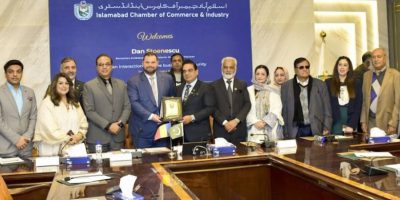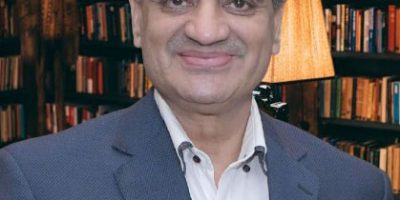Power tariff hiked on IMF’s demand, was necessary to control circular debt: PM Shehbaz

ISLAMABAD, JUL 15: Prime Minister Shehbaz Sharif on Saturday reiterated that the recent rise in the base power tariff of around Rs5 per unit was made on the demand of the International Monetary Fund (IMF) but also to bring the circular deficit.
A day ago, the power regulator raised the tariff to ensure Rs3.28 trillion in funds to the loss-making power distribution companies (Discos) during the current fiscal year. The Rs4.96 hike, set to come into force from July 1 after formal notification by the government, would provide Rs477 billion in additional revenue to Discos.
The revised national average tariff for the 2023-24 fiscal year has been determined at Rs29.78 per unit (kilowatt-hour, or kWh), which is Rs.4.96 per unit higher than the previously determined national average tariff of Rs24.82, the National Electric Power Regulatory Authority (Nepra) said in a statement.
An official said the real applicable average national tariff would now stand between Rs50 and 56 per unit after including surcharges, taxes, duties and levies, besides monthly and quarterly adjustments.
This was one of the key requirements of the $3bn standby arrangement signed with the IMF to ensure “further progress on structural reforms, particularly with regard to energy sector viability and state-owned-enterprise governance”.
The hike was slammed by the business community which said it will not only push up the cost of doing business but dent local production and render Pakistani goods uncompetitive on the world markets.
Addressing a meeting with office-bearers of the Lahore Chamber of Commerce and Industry (LCCI) and renowned businessmen and industrialists here at Punjab Governor’s House, the prime minister provided the rationale for the price hike.
“We have to, unfortunately, do this increase in the electricity prices because not only is it an IMF demand but where is the circular deficit going?”
The premier acknowledged that there were line losses and transmission losses but also pointed out the issue of electricity theft.
He called on the business community to disassociate itself from those in the industry who were engaged in the sordid practice.
Structural, economic reforms inevitable to cope with challenges
Speaking to the business leaders, PM Shehbaz said there was no other way left but to initiate “drastic structural and economic reforms”, for which unity, sacrifices and struggle of all stakeholders, including the business community, was the need of the hour to face prevailing challenges and steer Pakistan out of economic and other problems.
He said the government was taking all possible measures for the promotion of industry and agriculture, however, in the given circumstances and in the face of grave challenges, “industrialists and the business community will have to play their role even more actively for enhancing exports and stabilising the economy.”
“The business community should also consider the fact that despite having rich resources, why Pakistan’s economy was unable to achieve the desired targets and its full potential,” he said, adding that Bangladesh’s textile sector totally rely on imported cotton, but it was developing fast and gaining a niche in the global market, while Pakistan’s textile was losing competition in the export markets.
The premier asserted that Pakistan had been producing 14bn cotton bales, but today, it had decreased to a mere 5bn bales, ruing that it was a “collective failure”.
“We are living in a regime where the industry has become nothing but rental income, as we are not ready to face challenges or to adopt modern technology,” he regretted and added that support and subsidies from the government were not materialised properly.
The prime minister recalled that as the Punjab chief minister, he had constructed farm-to-market roads in the province with a cost of Rs100bn.
Shehbaz said the government was “well aware” of the problems being faced by industrialists and businessmen, asserting that no government could alone make a difference but can do so only with the active support of the business community.
He called upon the industrialists and business community to play their due part and support the government’s initiatives aimed at promoting research and development, ensuring low cost of production and curbing power theft and tax evasion.
The premier also stressed the need to promote small and medium enterprises (SME) which were the “backbone of the economy”, adding that Japan, Germany, South Korea, China and other developed countries achieved hallmarks on the economic front just by focusing on the SME sector.
PM Shehbaz said that it was the “collective responsibility” of the government, business community and affluent people of the country to think about the poverty-stricken and impoverished strata of society and take effective measures to improve their living standards.
He said that all institutions would have to work and coordinate while remaining in their respective constitutional ambit, and the politicians, judiciary, businessmen, industrialists and other stakeholders would have to run the state affairs with collective wisdom.
Sharing the contents of his telephonic conversation with IMF Managing Director (MD) Kristalina Georgieva, the premier said that she expressed her reservations about the mistrust created in the past.
He added that, unfortunately, “Pakistan-US relations were hit hard by the ill-conceived decisions and remarks by the previous government, but the present coalition government, with collective efforts, has normalised and improved ties with the US.”
Shehbaz mentioned that the US also welcomed and acknowledged the government’s efforts and it was also eager to see the development and economic well-being of Pakistan.
During the previous government, he said, national interests were “compromised for personal interests” and the economic situation had become even worse when the IMF pact was violated in the past.
PM Shehbaz said the IMF MD appreciated his wisdom and praised him for fulfilling the agreement in Paris by saying that a strong partnership and mutual trust had now been established between Pakistan and the IMF.
The premier said that the incumbent government had “saved the country from default”, adding that now Pakistan’s reserves had reached up to $14bn, as the country had received $2bn from Saudi Arabia, $1bn from UAE and $1.2bn from the IMF.
He mentioned that China had rolled over $5bn of commercial and sovereign loans, which also saved Pakistan from default.
“We have to take optimum benefit from the IMF deal by utilising the amount on economic development and people’s prosperity.”
Related News

ICCI President, Romanian Envoy set sights on EU trade corridor for Pakistan
Saifullah Ansar ISLAMABAD, JAN 22 /DNA/: The Romanian Port of Constanta can serve as aRead More

A city in crisis, a nation in waiting
Opinion Ansar Mahmood Bhatti The bustling metropolis of Karachi has once again been shaken byRead More


Comments are Closed